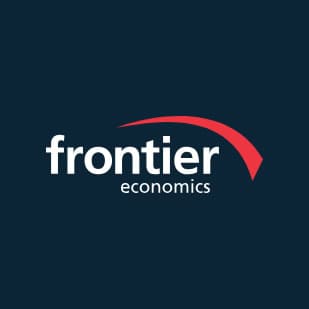The Mining Task Force of the Asia-Pacific Economic Cooperation (APEC) has published a report on the impact for ten APEC economies of changes to European Union (EU) classifications regarding carcinogenicity that are applicable to nickel and nickel-based products. The report was sponsored in APEC by the Russian Federation and prepared by the Nickel Institute, based on analysis by an international consortium of consultants led by Frontier (Australia).
The analysis was based on an assessment of the nickel value chain and development of scenarios projecting changes to health and environmental regulation. Such scenarios could result from the implementation of EU classifications, including their possible implementation in APEC economies. Frontier used a computable general equilibrium model, augmented by a model of the nickel value chain, to estimate the impact of the regulatory scenarios. The modelling showed potentially substantial impacts on the nickel value chain in the ten economies. However, the overall economic impact was limited, because of the small share of the nickel value chain in these economies, and the likelihood that employment and investment would shift to other sectors should the nickel value chain in these economies shrink. With current environmental and occupational exposure to the classified substances being very low, the negative impacts can be reduced by ensuring that regulation of nickel chemicals remains predictable, and proportionate to the risks they pose.
For more information, please contact Marita O’Keeffe at m.okeeffe@frontier-economics.com.au or call on +61 (0)3 9620 4488.
